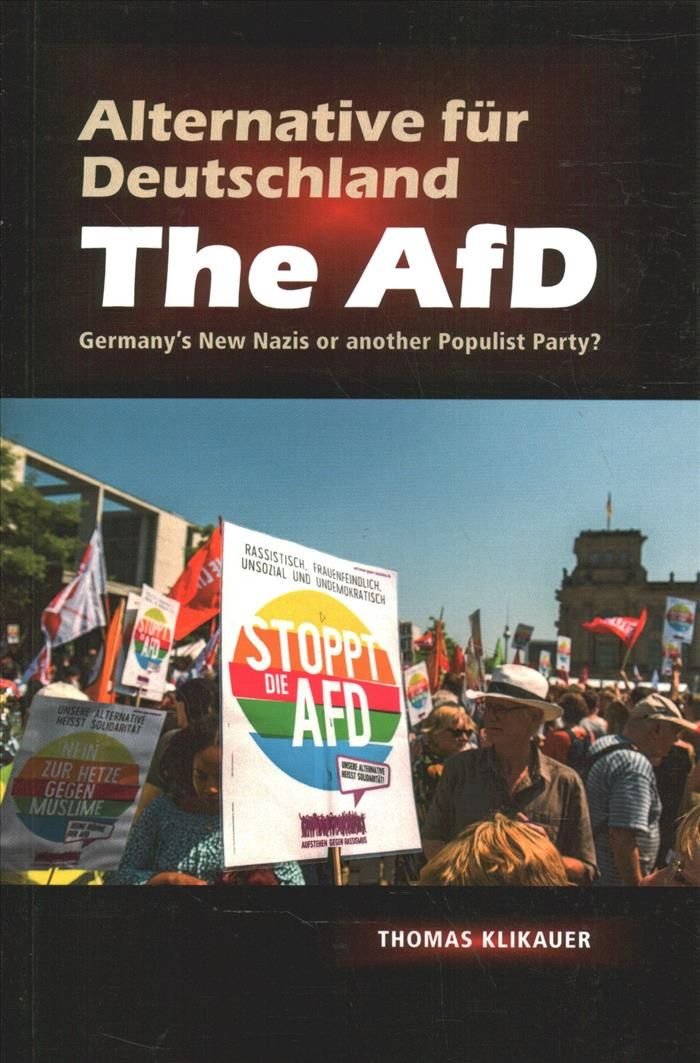Right-wing populism has been on the rise in Europe and elsewhere. Germany’s foremost populist party is called Alternative for Germany (AfD). Founded in 2013 and entering Germany’s federal parliament in 2017, the AfD increasingly moved towards right-wing extremism. Today, the party is Germany’s most successful nationalistic party. Following the populist playbook, the AfD started off with a simple neoliberal and anti-Europe message, but soon moved towards the extreme right. By 2017 the AfD’s ultra-nationalistic wing had successfully outmanoeuvred the party’s moderate and neoliberal leader Frauke Petry. Written from the standpoint of openness, pluralism, liberalism, and democracy, this book examines the AfD’s rise to fame, its successes, and the party’s ideological links dating back to German Nazism of the 1930s. The author illuminates the party’s ideological and institutional links to present-day Neo-Nazis; its close associations to the right-wing street movement Pegida; the recruitment of right-wing extremists and former Neo-Nazis into its parliamentarian ranks; its xenophobic, anti-Muslim, racist, and anti-Semitic ideologies; and its relationship to the neo-fascist Identity Movement.












